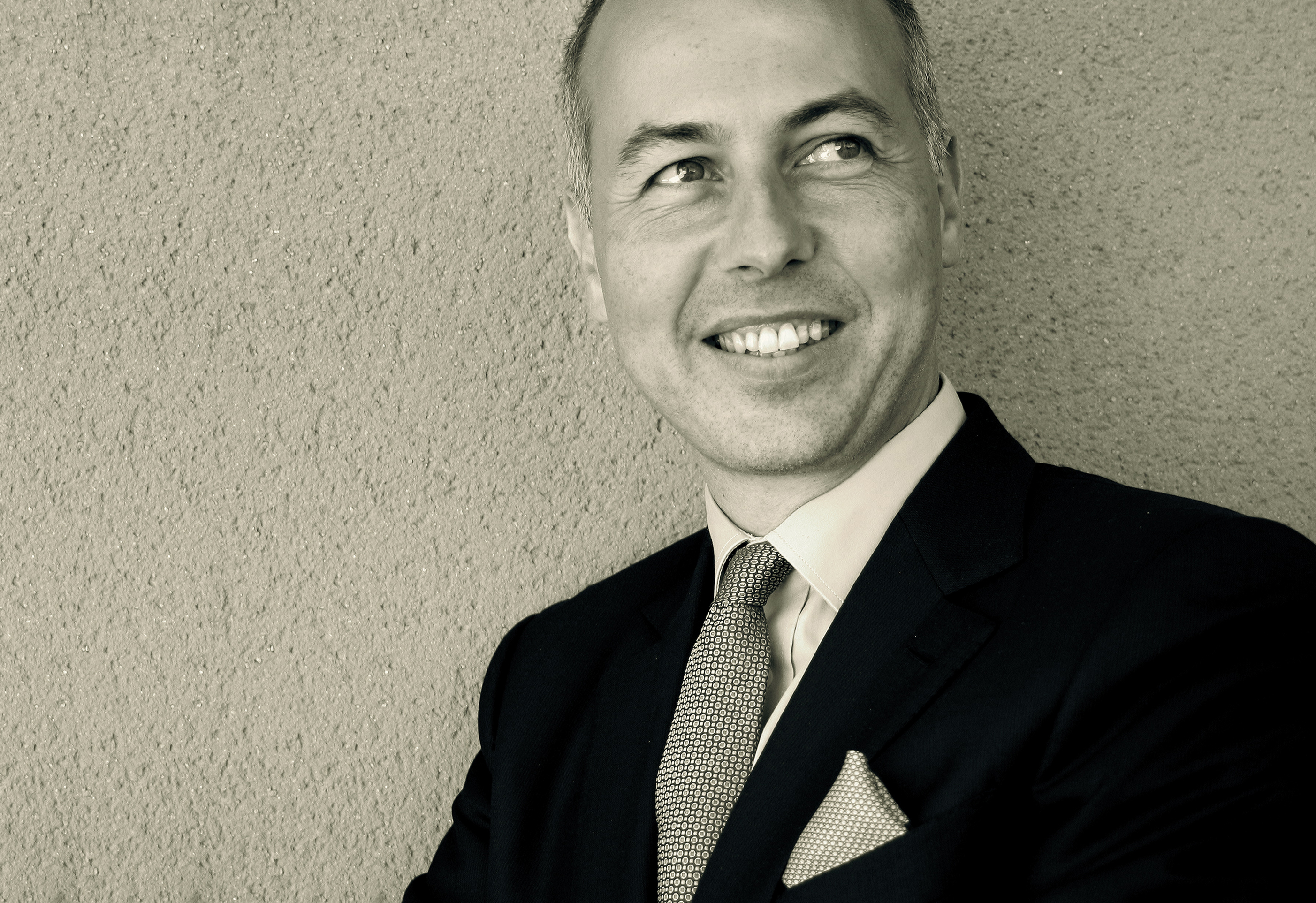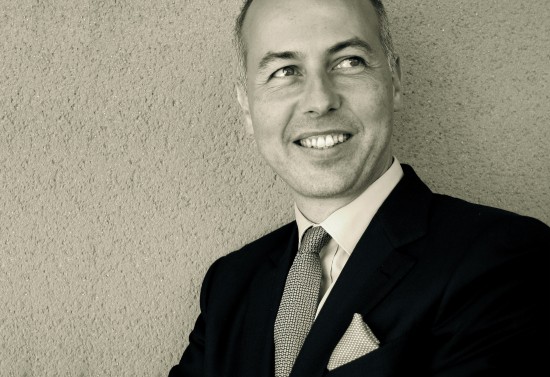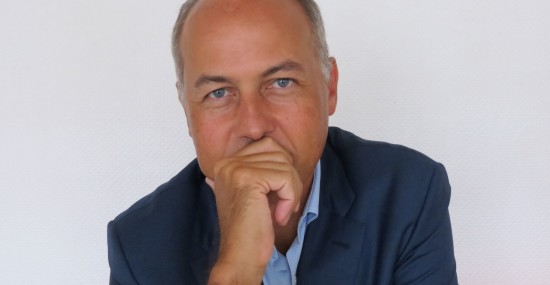I was fortunate enough to experience the dot.com boom (as we used to call it) as early as 1996, with MultiMania, Caramail, and Lycos, as well as the euphoria of the startup nation with IPOs of gaming companies such as Infogrames, Ubisoft, and Kalisto. The ‘Nouveau Marché’ and ‘Easdaq’, the European equivalent of Nasdaq, were the new stock market indexes enabling startups to raise funds to meet their world ambitions.
Today, nearly 30 years later, I’m lucky enough to be part of a new, very similar internet movement which takes in Blockchain, NFTs, and Web3. A new era is dawning, just as one did in the mid 90s. Listening to an interview with Éric Larchevêque, co-founder of Ledger, the world leader in physical cryptocurrency wallets (a kind of secure memory stick), is a salutary lesson in humility. It reminds me of a shared experience (although we had never met in the early days of the internet), and one which all of the co-founders with whom I created WineChain – the wiNeFT platform connecting wine estates with new generations of wine enthusiasts around the world – had also experienced. Whether it was Marc Perrin of Château de Beaucastel, Xavier Garambois, former head of Amazon Europe, or Nicolas Mendiharat, CEO of WineChain – all of them had gone down the internet route, notably with the creation in 1999 of Wine and Co., specialist in online sales of wine and champagne.
Technology that works for great wine estates is a reality. Marc, Xavier, and Nicolas realized the importance of it very quickly. A multiform reality, certainly, that exists at several levels: in the vines with robots and new state-of-the-art digital tools, but also in the cellar. It is by no means a betrayal of the culture of wine, but rather a healthy evolution in a profession that is based on historic skills and traditions. A heritage which must be preserved, but that must evolve or risk becoming extinct. The Blockchain, NFTs and Web3 that Éric talks about so well in his interview form part of this (r)evolution. And owners of the big champagne houses and producers of the finest wines in the world must take this on board if they wish to develop their businesses in the coming years, and continue projecting a modern image of their ever-growing brands, more aligned with their new customers’ desires. New technologies are allies in a chateau or wine estate’s pursuit of a reduced carbon footprint, perfect traceability, and greater engagement (from A to Z in the value chain), above and beyond organics or biodynamics (or even regenerative viticulture), and many other powerful messages that resonate with today’s society.
Accessing the world, getting to know customers better, polishing the image of prestigious wine brands – technology also helps with these things. But sometimes, when I explain this, I struggle to get the message across to those who consider these new technologies to be just a passing fad. When the dot.com bubble burst in 2000, many declared that this ‘fad’ was over. However, we quickly saw the arrival of Facebook, Google, and others who were to go on to change the face of the world. It will be the same for Blockchain and Web3 which will take over from a flagging Web2. The wine world has always been a little slow to ignite. How many people criticized me when I dared to associate the words Luxury and Wine in 2005? Now it is a reality for many prestigious estates. How many people told me years later that social media was not for them, because it was only the intrinsic quality of their wine that counted? They had to furiously backpedal some years later, catching up with huge investments in Facebook or Instagram to pick up followers. How many people tell me today that blockchain, Web3, and NFTs don’t belong in the world of wine?
You just have to believe in what you’re doing, and try to do it to the best of your ability. One day all this will be history. Hopefully, we’ll be on the right side of it…



